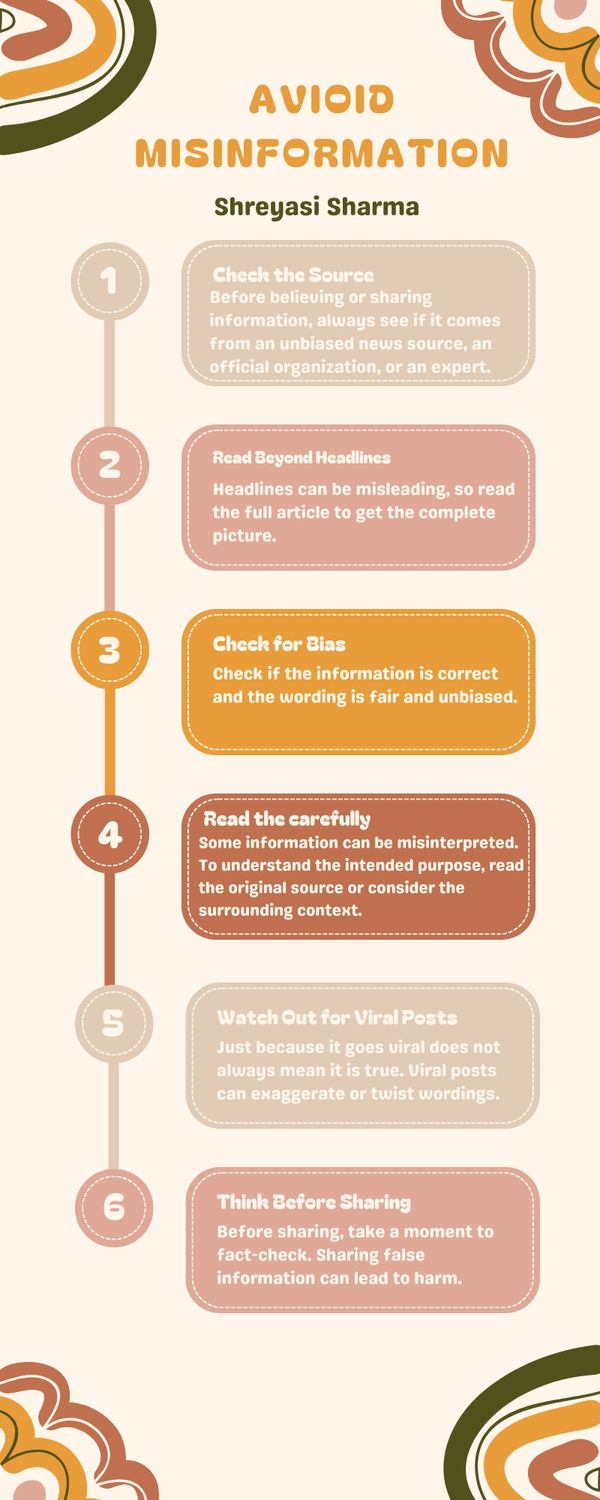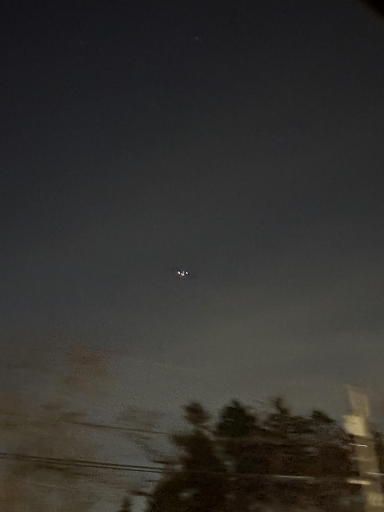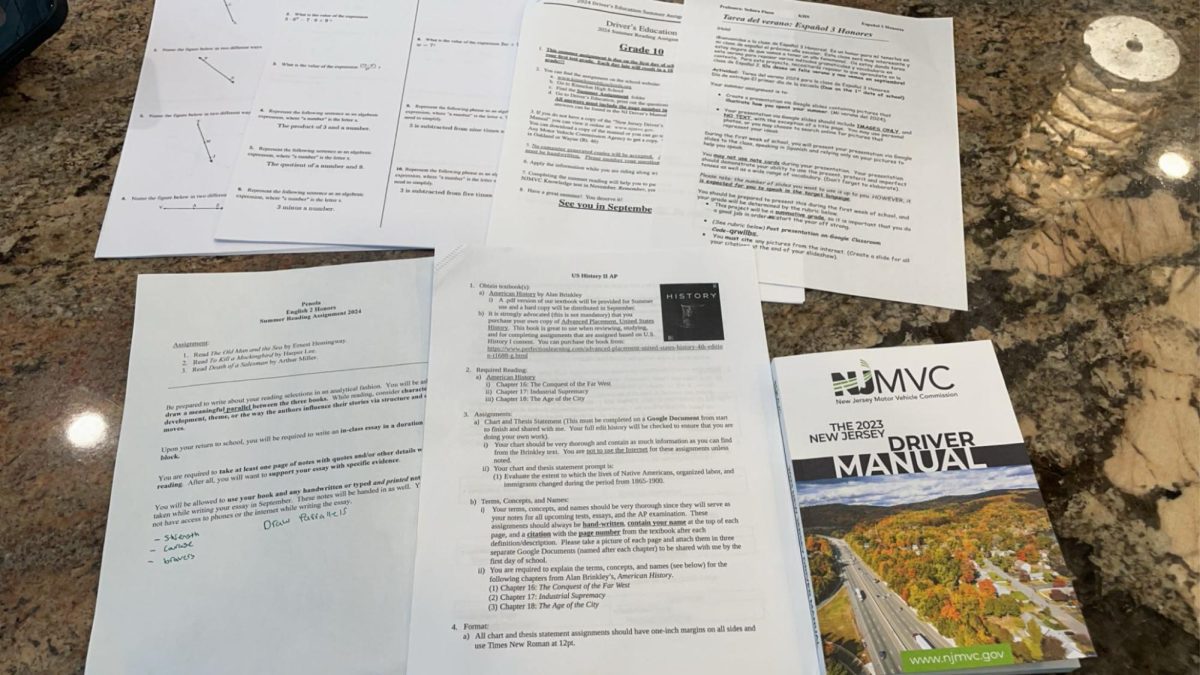
A recent Supreme Court decision has changed the U.S. regulation of water pollution. The case limits the Environmental Protection Agency’s (EPA) authority to set general water quality standards. It requires the EPA to set specific pollution limits for each company or municipality discharging wastewater. While some see this as a step toward clarity and fairness, others fear it hurts environmental protections, according to Reuters. This ruling has left many wondering how states such as New Jersey will deal with water pollution in the future.
Water pollution has constantly been a problem in northern New Jersey, mostly in places like Berry’s Creek, the Passaic River, and the Hackensack River. Sewage leaks, hazardous chemicals, and industrial waste have damaged waterways for decades. Yet, pollution continues even with efforts to improve the situation through cleanup. Without EPA’s strict regulations, some believe that the companies would be able to pollute the water even more, increasing water pollution, according to The Guardian.
Moreover, the court’s ruling would require the New Jersey Department of Environmental Protection (NJDEP). To control water quality even more than it already does, it might further strain the department. In addition, the state would have to enforce its regulations to manage rivers, lakes, and seas to prevent the contamination of safe drinking water supplies.

(Shreyasi Sharma)
This case started with San Francisco being unable to release its sewage waste into the Pacific Ocean due to regulations implemented by the EPA. They took this issue to court, although the Ninth Circuit Court initially upheld the EPA’s regulation. When they brought the case to the Supreme Court, it sided with San Francisco, according to The Guardian. The conservative judges believed that when the EPA issues a permit, it does not clearly define what the permittee can or cannot do; instead, it holds them responsible for the water quality meeting the standards where the permittee was assigned to dump their waste, according to Reuters.
Therefore, even if the committee strictly follows the law, it can still face penalties if the water quality is below standard levels. The liberal judges argued, however, that if the EPA’s authority to establish strict standards is removed, it will be harder for the agency to issue permits necessary for businesses to discharge their operations lawfully.
In addition to the legal and environmental effects, the topic has confused social media. Many believe that industries are now able to dump sewage without any regulation. This isn’t true, since not all pollution regulations are removed by the court’s decision; the EPA’s authority level and how it makes these standards have been changed. Pollution levels would still be controlled, and licenses would still be required for businesses and cities to release wastewater. However, it is a worry that some companies could take advantage of the situation if the EPA doesn’t provide clear standards. However, social media is alarming citizens about the ruling and spreading misinformation.
While the Supreme Court decision may not directly harm people, it does burden states like New Jersey. Nonetheless, misinformation about the ruling has spread rapidly, with many social media outlets exaggerating its impact. Although the ruling changes how the EPA would carry out pollution restrictions, environmental safeguards remain.
Supreme Court makes it harder for EPA to police sewage discharges | AP News
This is a link to gain more information about the court case.








